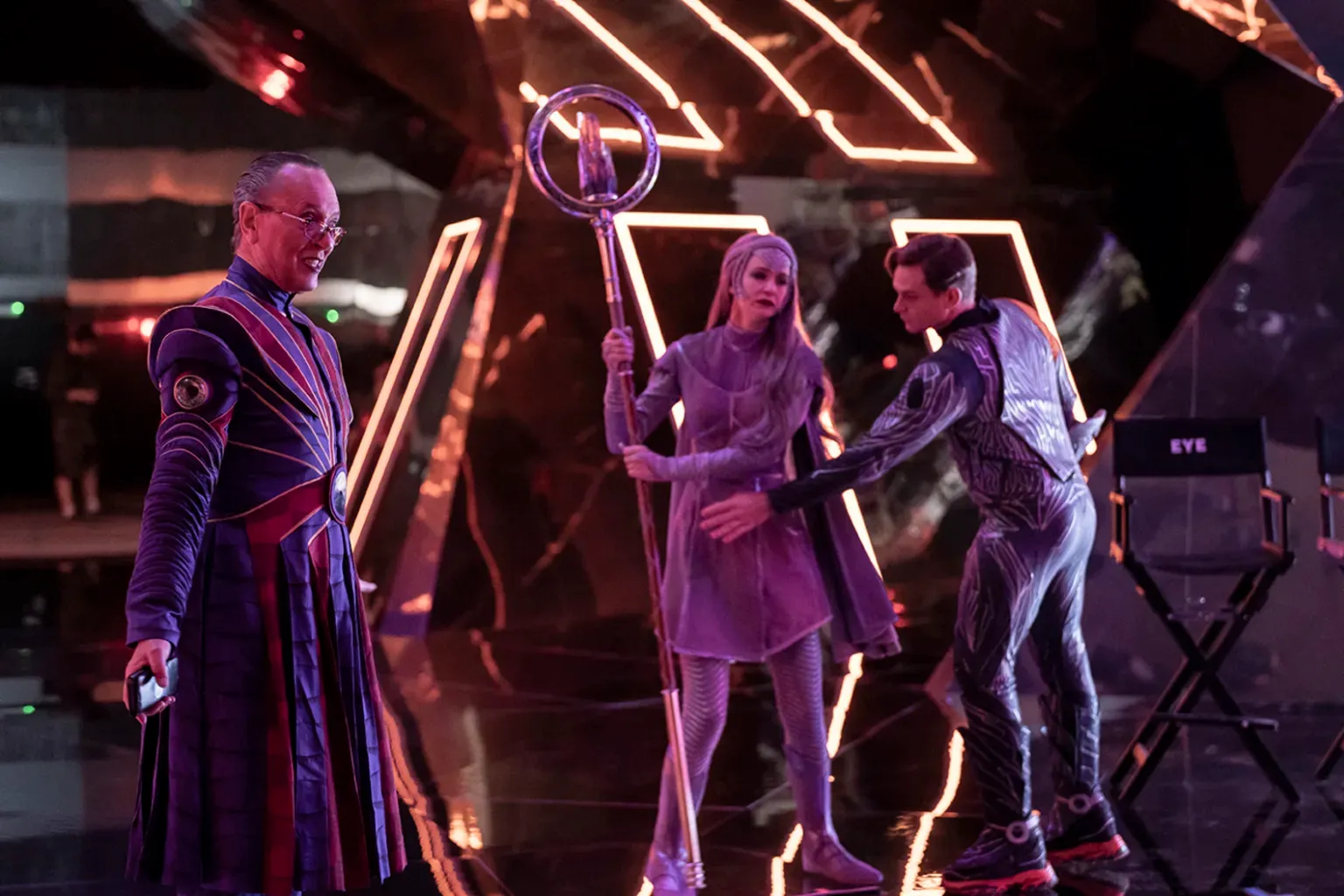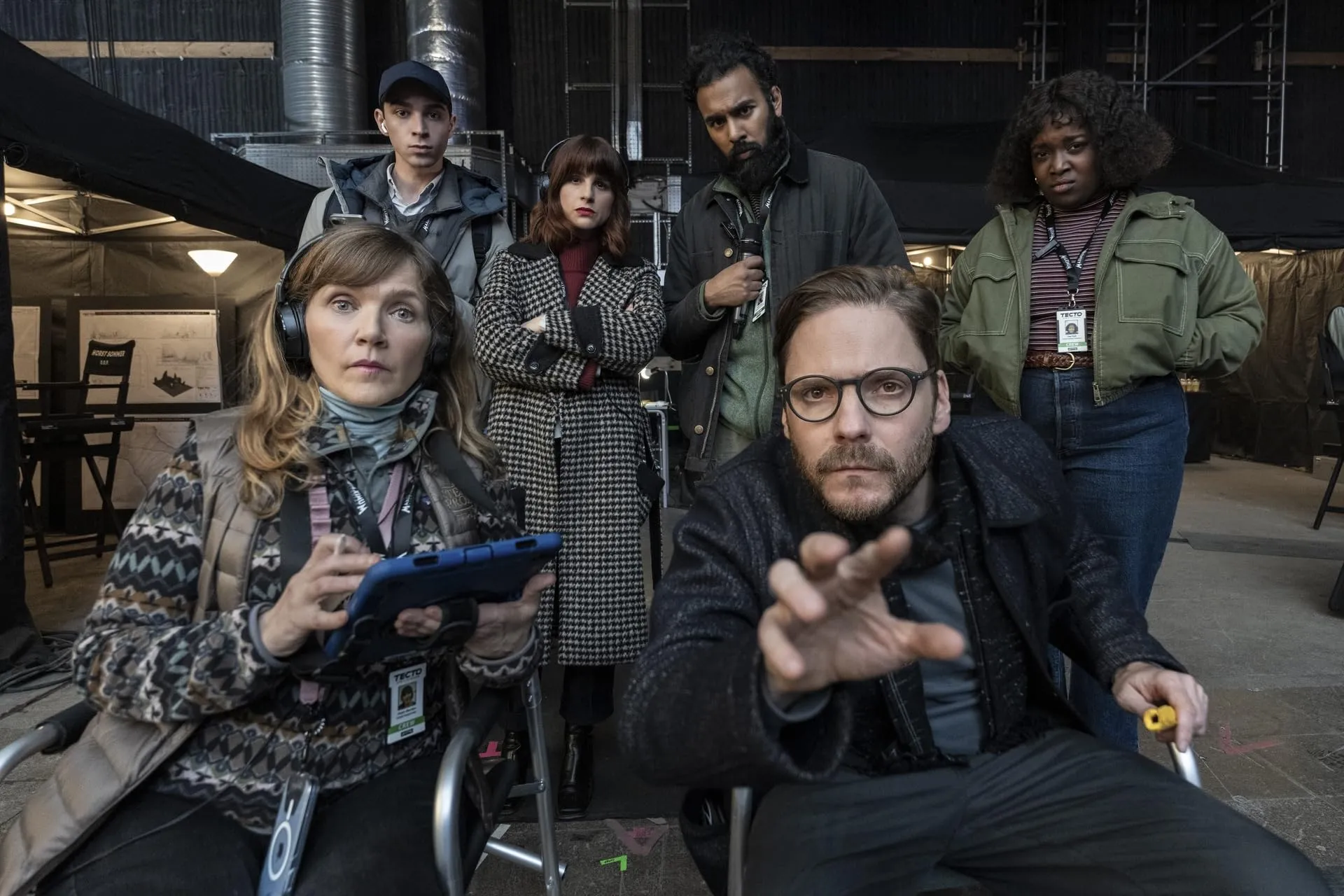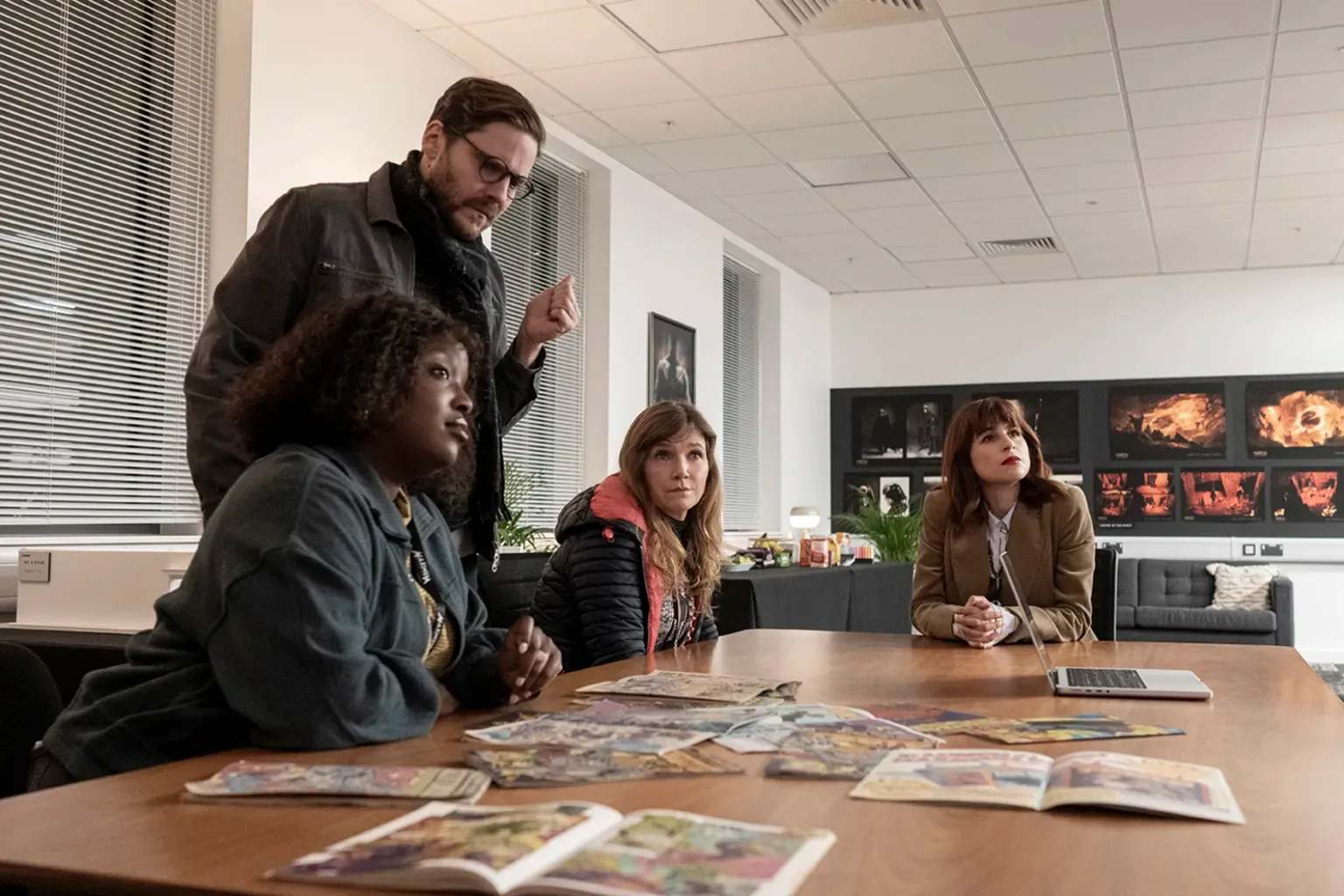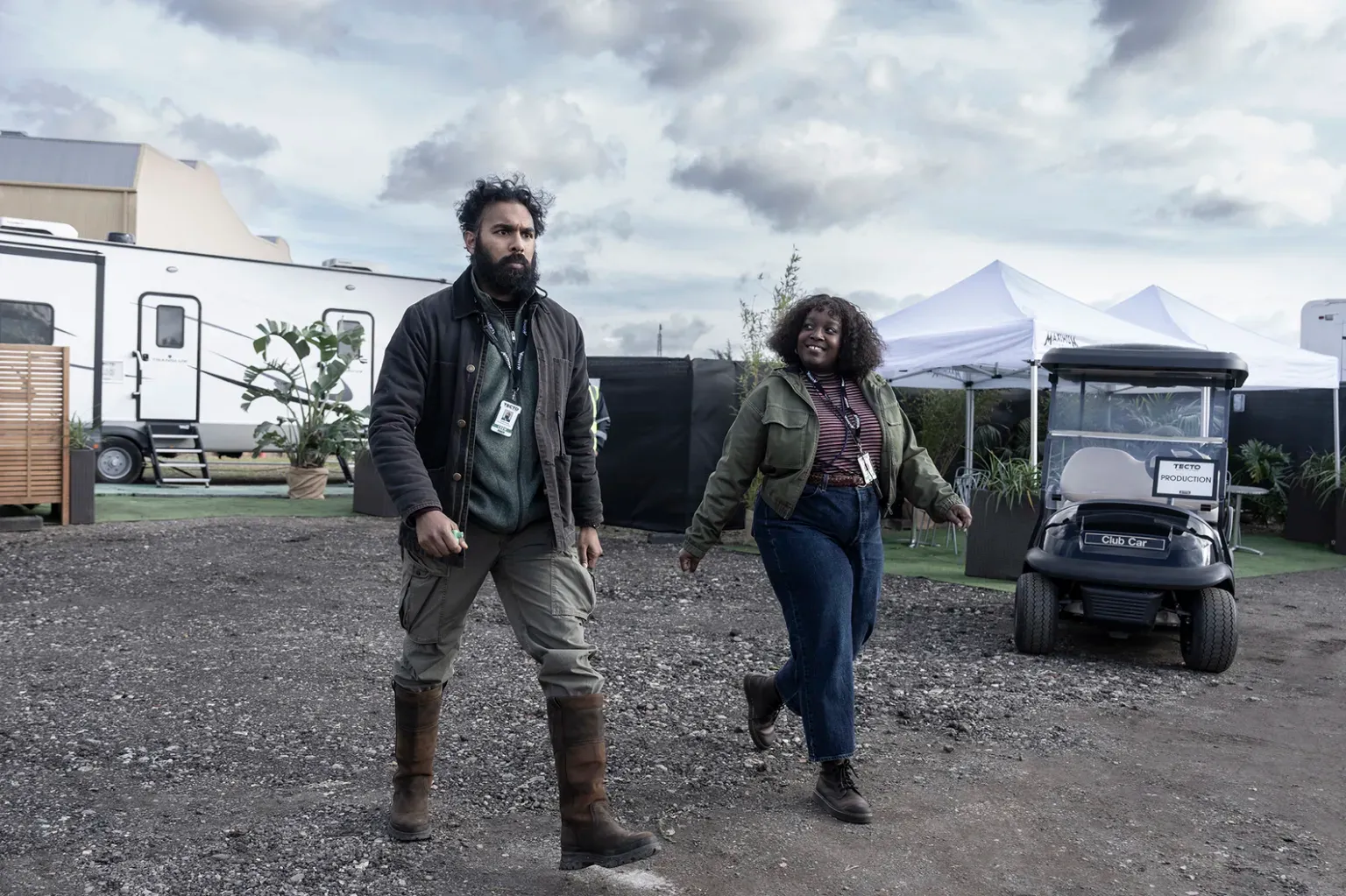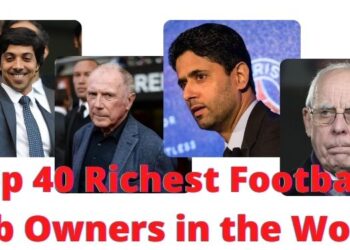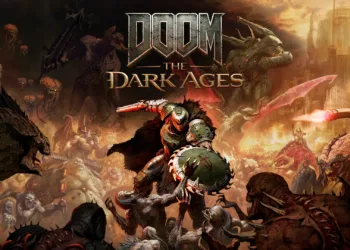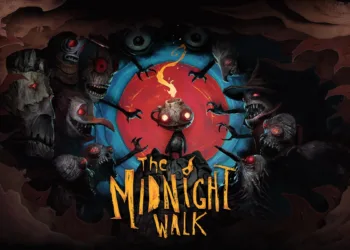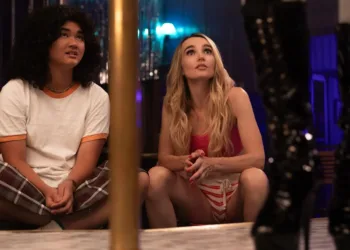You ever wonder what really goes on during the making of those mammoth superhero movies? The franchise pulls back the curtain to reveal both the hilarity and heartache of blockbuster production.
This new HBO series premiered in October 2024. It offers a comedic look at a day-on-the-job within Maximum Studios—a place churning out comic book films not unlike Marvel. Through the eyes of overworked crew members like assistant director Daniel, the show exposes the absurd demands placed on these movies.
Masterminds behind The Franchise include Armando Iannucci (Veep, The Thick of It) and director Sam Mendes. They crafted a smart, sharp satire exploring both the laughs and less glamorous realities of big-budget filmmaking. Issues like exhausted VFX teams and studio meddling get spoofed in an entertaining yet insightful way.
Beyond mining comedy from superhero tropes, the series also profiles the unsung heroes that bring these films to life. From harried assistants to overcommitted script supervisors, their challenges shine a light on an oft-overlooked segment of the movie industry.
So grab your popcorn and get ready to break into Maximum’s soundstages. The franchise is pulling back the curtain on blockbuster moviemaking—warts and all.
Well-Rounded Characters at the Center of the Story
The franchise boasts a hugely talented ensemble cast that brings its satirical world to life. At the heart of the series is assistant director Daniel, played impeccably by Himesh Patel. Though juggling countless demands on set, Patel ensures audiences fully empathize with Daniel’s plight.
Daniel’s trusted right hand is second assistant Dag, portrayed brilliantly by Lolly Adefope. As a newcomer to big franchises, Dag provides a refreshing perspective amidst all the corporate chaos. Her comedic timing and spontaneity keep viewers constantly entertained.
Adding eccentricity is Maximum Studios’ purported “visionary” director Eric, portrayed by Daniel Brühl. With experience in the Marvel universe himself, Brühl understands franchise filmmaking from the inside. He injects Eric with an endearing sense of dry humor and unpredictability that underscores every scene.
Also standing out is Billy Magnussen as perpetually insecure lead Adam. Bouncing between comedic vanity and vulnerability, Magnussen imbues the role with immense nuance. His spirited back-and-forth with costar Richard E. Grant is a constant highlight.
New producer Anita, played by Aya Cash, encounters conflict balancing art and commerce. Cash navigates Anita’s prickly dynamic with ex-Daniel with subtle grace and care.
As brash studio head Pat, Darren Goldstein brings unbridled hilarity. But beyond antics, he understands the real pressures faced by crews and creatives.
This tremendously gifted cast anchors The Franchise’s examination of Hollywood’s more human realities. Their intimate character work ensures audiences fully invest in the ensemble’s high-stakes filmmaking challenges.
Behind-the-Scenes Barbs with Bite
The Franchise excels at targeting the absurd realities of the film world through heightening satire. It pulls no punches, skewering the studio system’s foibles through farcical plots.
Viewers watch as storylines spoof all-too-real demands of blockbuster filmmaking. We see directors battle unrealistic reshoot ultimatums and oversight-bogging creative visions. The show nails how franchises descend into toxic fan arguing over minor diversions.
Anyone who’s braved monumental reshoots or seen studio meddling with whitewash uniqueness can relate. In one episode, Eric feuds with Maximum over marketing tie-ins they hope start geopolitical incidents. In another, Tecto endures a runtime trimming to add invisible women audiences “apparently” want.
The barbs land because they reimagine through comedy the grueling demands the crew faces delivering these films. Down to the smallest grievances, nothing escapes scrutiny. Like when Pat demands “just a sprinkle” of VFX alterations that balloon costs and hours.
While certainly outlandish, each scenario sprouts from legitimate pressures seen on big productions. Critics also praise how it spotlights the real people whose unsung efforts bring films to life against immense odds.
Through laugh-out-loud ridicule of studio habits, the series smartly censures an industry ever fixated on bottom lines over craft. Fans applaud its clear-eyed view into a world many see only through marketing spectacles.
Guiding Vision
Sam Mendes’ pilot brings a sure visual hand. Sharp tracking shots convey the lived-in chaos of Maximum’s backlot. His direction imbeds viewers in the action.
Subsequent episodes lack this grounded feel. While competent, other directors don’t capture the same gritty realism of Mendes’ start. Cinematography too varies between richly lit and oddly mundane.
Trent Reznor and Atticus Ross add an edge with their prickly score. But derivative music in later episodes shows replacing master talents isn’t so simple. Their themes defined the world in a way imitators missed.
A franchise parody demands sharp technical work to shine. With constantly changing visual overseers, The Franchise struggles to build its comedic world fully. Characters and set pieces feel detached without a uniting style.
Had Mendes or a collaborator shaped the season, maybe the satire could find a better footing. Guiding forces ensure tight, consistent comedy—a sore point for some. With more care steering its look, The Franchise might’ve felt wholly formed from first scathing frame to last.
Lost Opportunities in Character and Story
The Franchise shows flashes of comedic brilliance, but its characters and narratives often feel half-formed. With such a deep bench of comic talent, it’s a shame their abilities aren’t better leveraged.
Key players like Daniel, Adam, or Anita are given minimal personal details. We know little of their motivations beyond careers or who they are beyond their jobs. Thicker backstories could have supercharged premise and humor alike.
Relationships too feel glossed over. Daniel and Anita’s history gets teased yet leaves chemistry wanting. Most pals appear cordial yet lack depth. Viewers remain removed rather than invested.
As Tecto’s production seems an afterthought, larger arcs are needed to offset aimless banter. Episodes tackling real issues, like actresses facing Internet abuse, land hardest as their aims are clearer.
Had characters received stronger grounding and foils been developed, the riches of this tool belt could have been better mined. With interwoven challenges spanning seasons rather than standalone stories, satisfying character payoffs may have resulted.
While amusing in moments, disjointed plots and two-dimensional players hold The Franchise back from greatness. With livelier long games imagined for its cavalcade of comic titans, even loftier comedic and commentative heights could have been reached.
Falling Short of the Greats
While The Franchise flashes brassy humor, it struggles to match shows fusing heart and humor. Mythic Quest grounds wild hijinks in sincere relationships between complex characters we root for. Such depth remains elusive here.
Compare it to Veep, a political beast, because motives powering Selina and cronies felt so human. The Franchise characters lack their vivacity, leaving interactions feeling stilted.
Its franchise jabs also tread paths blazed before. The Boys excoriated the genre with fiercer skewering and empathy for the workers. Apatow’s The Bubble mined richer comedy from similar quarries too.
Fans hoped Iannucci magic would conjure an equal to past works. But without interweaving heart into humor or crafting characters as rich, it can’t scale comedic or insightful highs of classics like The Thick of It.
While competent, the series plays it safe amidst riskier visions satirizing the same worlds. With bolder characterizations and fresher angles on old issues, it could have sat higher among TV comedy royalty. As is, it settles for amusing without breaking boundaries.
Room for Improvement
The Franchise had all the talent needed to skewer Hollywood at its best. Yet underdeveloped characters and uneven hands behind the camera held it back from comedic brilliance.
While episodes mined laughs, paper-thin players and drifting plots weakened sophistication. Workplace parody thrives on complex relationships we’re invested in—an area the show left wanting.
Moments like lampooning online toxicity rang true. However, without an overarching guiding hand to steer its heart and humor in lockstep, the satire floated loosely between hits and misses.
With richer long-form arcs crafted for its comic titans and a steadier directorial tone set, the season could have packed an even wittier punch. As is, it teased promise while leaving space to grow its fullest potential.
All told, solid foundations exist for The Franchise to hone sharper claws. With refining, its industry insiders and absurdist eye may yet evolve into the excoriating gem its lineup suggests possible. For now, glimpses of greatness remain somewhat eclipsed by missed opportunities.
The Review
The Franchise
The Franchise flashes comic brilliance but falls short of greatness due to uneven character development and direction. With a stronger guiding vision, this satire could have shone brighter.
PROS
- Sharp satire of Hollywood/superhero filmmaking
- Exceptional comic talent involved both in front of and behind the camera
- Timely deconstruction of industry's mechanics and workforce challenges
- Hilarious industry caricatures and culture commentary
CONS
- Shallow character development limits comedy and investment.
- Lagging narrative focus meanders between hits and misses.
- Lacks cohesion from rotating directors behind the camera
- Targets feel dated compared to fresher genre parodies.









































